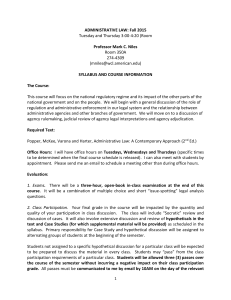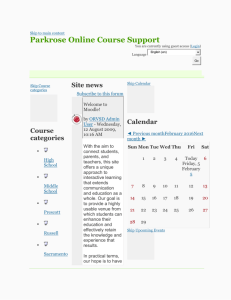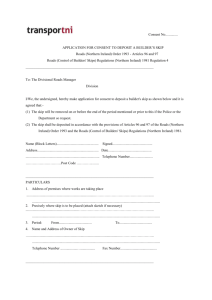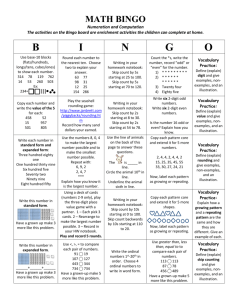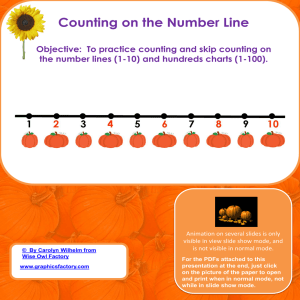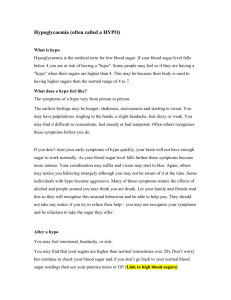spring break
advertisement
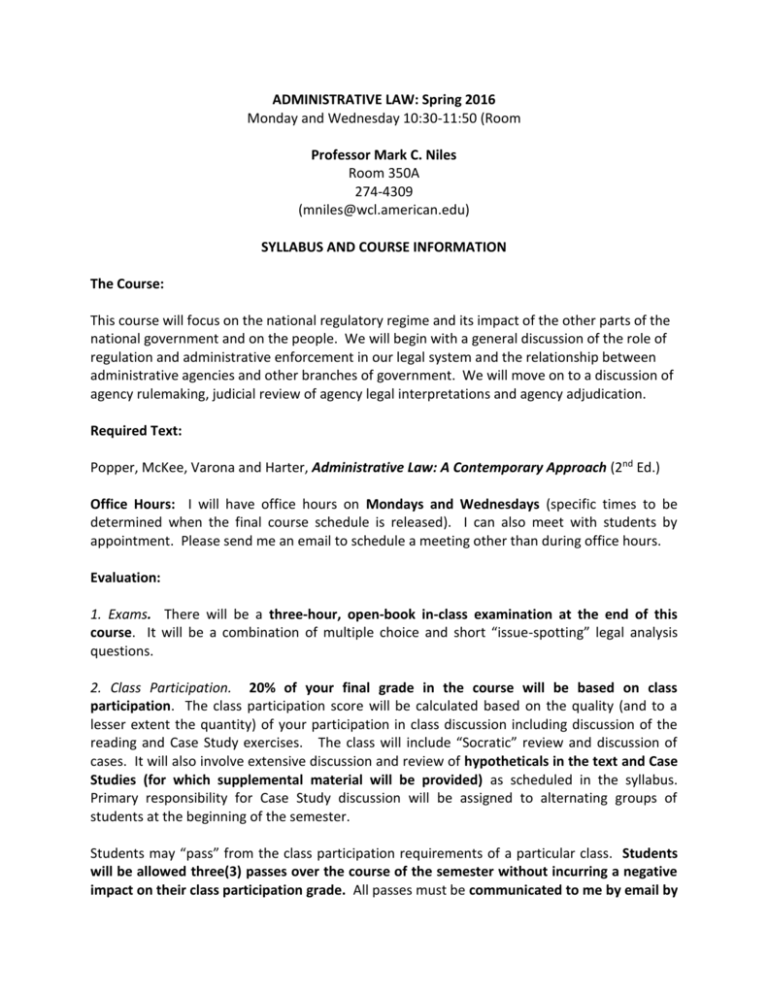
ADMINISTRATIVE LAW: Spring 2016 Monday and Wednesday 10:30-11:50 (Room Professor Mark C. Niles Room 350A 274-4309 (mniles@wcl.american.edu) SYLLABUS AND COURSE INFORMATION The Course: This course will focus on the national regulatory regime and its impact of the other parts of the national government and on the people. We will begin with a general discussion of the role of regulation and administrative enforcement in our legal system and the relationship between administrative agencies and other branches of government. We will move on to a discussion of agency rulemaking, judicial review of agency legal interpretations and agency adjudication. Required Text: Popper, McKee, Varona and Harter, Administrative Law: A Contemporary Approach (2nd Ed.) Office Hours: I will have office hours on Mondays and Wednesdays (specific times to be determined when the final course schedule is released). I can also meet with students by appointment. Please send me an email to schedule a meeting other than during office hours. Evaluation: 1. Exams. There will be a three-hour, open-book in-class examination at the end of this course. It will be a combination of multiple choice and short “issue-spotting” legal analysis questions. 2. Class Participation. 20% of your final grade in the course will be based on class participation. The class participation score will be calculated based on the quality (and to a lesser extent the quantity) of your participation in class discussion including discussion of the reading and Case Study exercises. The class will include “Socratic” review and discussion of cases. It will also involve extensive discussion and review of hypotheticals in the text and Case Studies (for which supplemental material will be provided) as scheduled in the syllabus. Primary responsibility for Case Study discussion will be assigned to alternating groups of students at the beginning of the semester. Students may “pass” from the class participation requirements of a particular class. Students will be allowed three(3) passes over the course of the semester without incurring a negative impact on their class participation grade. All passes must be communicated to me by email by 9AM on the day of the relevant class. A student who is called on and is not prepared to discuss the assigned material but has not passed for that class session will receive a substantial reduction in their final course grade. Students may also receive excused absences for illness and other appropriate circumstances. 3. Case Studies. In additional to discussion of Hypotheticals in many class sessions, several classes will be set aside over the course of the semester for Case Studies. Case Studies will involve pre-assigned group presentations, discussions and debates on pre-determined topics over the course of the semester (see assignments listed below for Case Study topics). Student engagement and involvement during their assigned Case Study sessions will also be an important factor in evaluating class participation. 4. “Notice and Comment” Extra Credit. At any time during the semester any student can identify an actual regulation that has been proposed by an agency seeking “comment” from the public and provide substantive and detailed commentary to that regulation. If the student identifies the proposed regulation, and forwards their commentary to me, and provides a brief explanation of why they chose the regulation and the nature and significance of their comment, the student will receive significant “extra credit” at the end of the semester. Class time will be made available during the semester for these presentations as needed. Course Schedule and Reading Assignments (all assignments and page numbers are for the Popper, McKee text unless otherwise indicated) Part I: Introduction 1. (1/11): 2. (1/13): Introduction to Administrative Process, pp. 15-31 [Hypo on p. 31] Independent and Executive Agencies, pp. 31-58 (skip notes 1-4 on pp. 53-56) [Hypos p. 43 and p. 50] 1/18 MARTIN LUTHER KING BIRTHDAY (NO CLASS) 3. (1/20): Separation of Powers, pp. 825-846 Part II: Agency Rulemaking 4. (1/25): The Administrative Procedure Act: History and Basic Provisions, pp. 58-75 [Hypo p. 75] Rulemaking under the APA: “Formal” and “Notice and Comment” Rulemaking, pp. 75-100 (skim materials on “Formal” rulemaking, pp. 75-89, skip note 5 on p. 98)[Hypo p. 98] 5. (1/27): 6. (2/1): 7. (2/3): Judicial Review of Notice and Comment Rulemaking, pp. 117-137 (skip notes 6, 10 and 11)[Hypo p.137]): Judicial Review of Notice and Comment Rulemaking (cont.), pp.139-154 [Hypo p. 145 and train safety information]; [Hypo p. 152] Case Study#1 – Overtime Regulations Part III: Judicial Review of Agency Statutory Interpretation 8. (2/8): 11. (2/17): Chevron, pp. 165-185 (skip notes 4 and 7 on pp. 174-76; skip notes 2,3,5 and 7 on pp. 182-84) [“Hypo” - DOL proposed overtime (supplemental material)] Redifining Chevron “Deference”, pp. 185-210 [Hypos on p. 208] Redifining Chevron (cont.), pp. 210-226 (skip notes 2-6 on pp. 218-19; skip all notes on pp. 224-26) [Hypo p. 209] Case Study #2 – King v. Burwell (2015) Part IV: Reviewability 12. (2/22): 13. (2/24): 14. (2/29): 15. (3/2): Standing, pp.283-310 (skip all notes on pp. 300-304)[Hypo p. 309-10] Standing (cont.), pp. 310-318; 329-331 (notes 4-6); 331-338 Case Study #3: Suits Against Gun Manufacturers Ripeness and Finality, pp. 338-358 (skip notes 3-5 on pp. 349-351)[Hypos pp. 346 and 348] 9. (2/10): 10. (2/15): SPRING BREAK 16. (3/14): 17. (3/16): Preclusion of Review, pp. 358-380 Agency Inaction, pp. 380-392; 397-408 (skip notes 5-7 on pp. 390-92 and note 3-7 on pp. 403-06) [Hypo(supplemental materials)] Part V: Agency Adjudication 18. (3/21): Basic Rules and Procedures, pp. 531-544; Case Study #4: Volkswagen emissions fraud Due Process, pp. 544-563 (skip notes 5-7 on pp. 553-54) Due Process (cont.), pp. 563-584 (skip notes 3 on pp. 580-84) [Hypo p. 571] Exhaustion, pp. 645-660 (skip notes 4 and 5 on pp. 650-51; and notes 4-5 on pp. 656- 19. (3/23): 20. (3/28): 21. (3/30): 60) 22. (4/4): 23. (4/6): 24. (4/11): 25. (4/13): 26. (4/18): 27. (4/20): 28. (4/25): Standards of Review, pp.660-680 [Hypo (supplemental materials)] Adjudication of Employment Claims, pp. 857-874 Adjudication of Immigration and Detention Claims, pp. 874-882 Prosecutorial Discretion, pp. 892-911 (skip note 4 on p. 911) Case Study #5: Prosecutorial Discretion and Misconduct Administrative Adjudication and Schools, pp. 911-929 (skip note 5 on pp. 917-921) Administrative Adjudication and Prisoners (and Review), pp. 929-937
